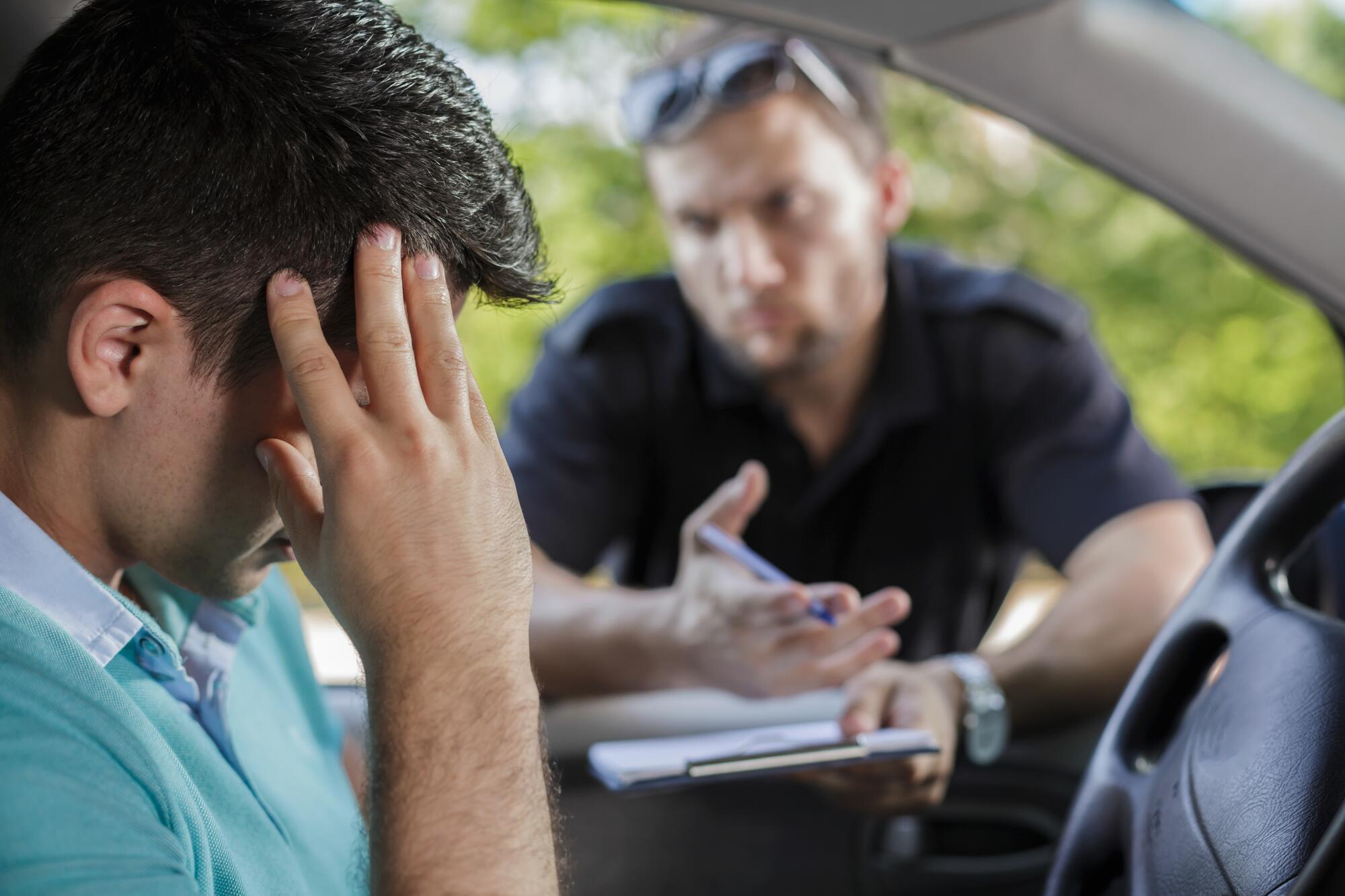Getting charged with a DUI can be a frightening experience. The consequences can be serious, affecting your legal record, personal life, and future opportunities. Driving under the influence of alcohol or drugs is a major offense, with strict laws in place to prevent accidents.
Drunk driving is responsible for thousands of deaths each year, making it a serious concern for law enforcement and the public. Understanding how to handle DUI charges can help you move forward in the best way possible. Follow along to uncover the details that matter.
Understanding DUI Laws
DUI laws vary by state, but they all focus on keeping roads safe. The legal blood alcohol content (BAC) limit is set to prevent impaired driving. If a driver is caught over the limit, they may face serious penalties.
Even if a driver's BAC is below the legal limit, they can still be charged if an officer believes they are impaired. The consequences of a DUI depend on the circumstances of the case. Many people face fines, license suspension, or required alcohol education programs.
Some may even face jail time, especially if there are previous offenses or injuries involved. A DUI conviction can also affect employment, insurance rates, and personal relationships. Because of these lasting effects, it is important to understand your rights and options.
How a Lawyer Can Help
One of the most important steps after a DUI arrest is seeking legal advice. An experienced attorney can help navigate the legal process and work toward the best outcome. They will examine the details of the case, including whether the traffic stop was legal, whether the sobriety test was accurate, and whether the police followed proper procedures.
A DUI lawyer understands the system and may be able to reduce charges, negotiate penalties, or even challenge the evidence. Without proper legal representation, individuals may face harsher consequences than necessary.
What to Expect in the Legal Process
Facing a DUI charge means going through several legal steps. See below:
Arraignment
This is where the charges are formally read. This is when a plea is entered, either guilty, not guilty, or no contest. A lawyer can help decide the best course of action based on the circumstances.
Trial
If the case goes to trial, evidence such as breathalyzer results and police reports will be presented. The defense may argue against these results if there were errors in testing or if rights were violated during the arrest. Some cases end in plea deals, while others may be dismissed due to weak evidence.
Throughout the process, it is important to attend all court dates and follow any instructions from the court. Missing hearings or failing to comply with orders can lead to more severe penalties.
Taking Control of the DUI Charges Situation
DUI charges can feel overwhelming, but with the right steps, it is possible to move forward. Learning about the legal process, seeking professional advice, and making better decisions in the future can help minimize the impact.
No matter how challenging the situation may seem, support is available, and a better future is within reach. Looking for more answers? Our blog has what you need!


































